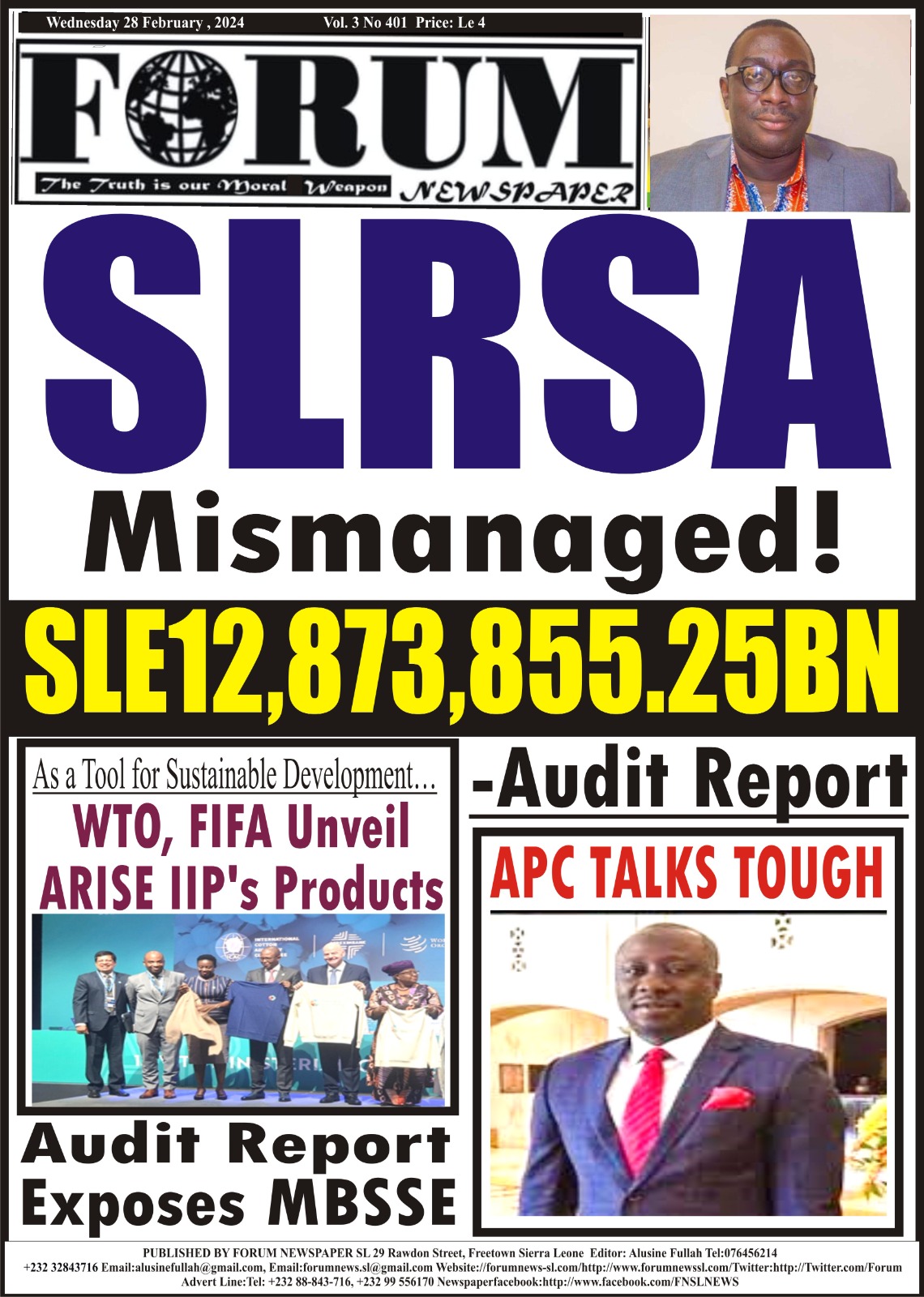By Chinaza Asiegbu
The Economic Community of West African States (ECOWAS) was founded in 1975 to foster economic cooperation within West Africa. Over time, ECOWAS’s mission has expanded to include the promotion of democracy and political stability. And for a while, it looked like the region was indeed making progress on this front: Between 2015 and 2020, all fifteen ECOWAS member countries were democratic states. But since 2020, West and Central Africa have been hit with a wave of eight military coups, the most recent ones occurring this past July (in Niger) and August (in Gabon). ECOWAS’s response to this democratic backsliding has been unimpressive.  For example, ECOWAS looked on passively when, in 2020, both Ivorian President Alassane Ouattara and Guinea’s then-President Alpha Condé ignored or circumvented constitutional limits on their terms. Just this month, Senegal President Macky Sall unilaterally delayed presidential elections for the first time in the nation’s history. Recently, ECOWAS—under pressure from the US and EU—did impose sanctions against Niger in response to the coup, but these sanctions were insufficient to get the coup leaders to step down. In fact, these sanctions were so ineffective that they caused coup-hit Mali, Burkina Faso, and Niger to withdraw from the bloc, citing “illegal, illegitimate, inhumane and irresponsible sanctions” and failure to support their fight against “terrorism and insecurity.” All this has begun to jeopardize ECOWAS’s credibility even in the eyes of local populations.
For example, ECOWAS looked on passively when, in 2020, both Ivorian President Alassane Ouattara and Guinea’s then-President Alpha Condé ignored or circumvented constitutional limits on their terms. Just this month, Senegal President Macky Sall unilaterally delayed presidential elections for the first time in the nation’s history. Recently, ECOWAS—under pressure from the US and EU—did impose sanctions against Niger in response to the coup, but these sanctions were insufficient to get the coup leaders to step down. In fact, these sanctions were so ineffective that they caused coup-hit Mali, Burkina Faso, and Niger to withdraw from the bloc, citing “illegal, illegitimate, inhumane and irresponsible sanctions” and failure to support their fight against “terrorism and insecurity.” All this has begun to jeopardize ECOWAS’s credibility even in the eyes of local populations.
Perhaps more seriously, ECOWAS has lost credibility not only for its response to the coups, but also for its failure to address the root causes of these coups, including not only economic woes, but also endemic corruption. As a coalition of West African civil society organizations recently asserted, ECOWAS operates as “a club of Head of States, whose sole preoccupation is regime protection of the various West African leaders, and their penchant for appropriating the benefits of office to themselves, while the ordinary citizens of countries in the sub-region wallow in extreme poverty, misery, and penury.”
ECOWAS could and should take concrete steps to bolster its waning authority. One of the most effective ways it could do so is by taking a strong stand against corruption. This would not be taking ECOWAS far outside the scope of its existing mandate. The ECOWAS Protocol on the Fight against Corruption authorized ECOWAS to take action “whenever an act of corruption is committed or produces some effects in a State Party.” More generally, given the threat that corruption poses to both democracy and stability, ECOWAS is justified in more decisive action to address this scourge.
In particular, there are three things that ECOWAS ought to do:
First, ECOWAS should empower one of its independent agencies, such as the ECOWAS Community Court of Justice, to develop a process to adjudicate corruption claims against accused heads of state, and to impose dissuasive sanctions on that head of state if sufficient evidence of wrongdoing is found. (Delegation of this authority to an independent entity within ECOWAS is necessary because ECOWAS’s supreme decision-making body, the Authority of Heads of State and Government, is composed of Heads of States of the member countries, and they have little interest in policing themselves.)
Such sanctions might include barring those credibly accused of corruption from serving as ECOWAS Chairman of the Authority, obligating the head of state to repay ill-gotten sums to their national treasury in addition to paying a punitive fine, recommending the respective legislature move to impeach the head of state, and suspending the head of state from serving on the Authority (and if this is done, reassigning the role to a representative of that country, chosen by ECOWAS, so as not to burden the country itself). Moreover, the ECOWAS Court should issue injunctions ordering a member state’s Ministry of Justice to investigate and prosecute corruption claims against high officials, including heads of state, in instances when domestic justice systems fail to do so adequately. This would be in step with recent ECOWAS Court decisions that have ordered member state government authorities to pay damages, revise laws, and prosecute individuals (see here, here, and here).
Secondly, even though ECOWAS has indicated (under pressure from the US and Europe) that it will use economic and even military power to reinstate democratically elected leaders who were ousted in coups, ECOWAS should make clear that it will not use these coercive mechanisms to reinstate leaders widely perceived as corrupt. That does not mean that ECOWAS should tolerate military coups. But there is a difference between insisting on the restoration of democracy, which ECOWAS should do, and insisting on the reinstatement of individual leaders—which ECOWAS should not do if those leaders and their administrations were brazenly corrupt, even if they were democratically elected.
ECOWAS should respond to coups by acknowledging civic frustration and partnering with the public to facilitate a safe transition back to civilian rule. A useful precedent for this sort of approach is ECOWAS’s stance toward Liberia in 2003: ECOWAS persuaded then-president Charles Taylor to step down, facilitated a two-year transitional government, and then assisted Liberia in hosting what has been internationally regarded as the freest and fairest election in Liberian history in 2005.
ECOWAS should implement the recommendations of the Inter-Governmental Action Group against Money Laundering in West Africa (GIABA). (GIABA, though part of ECOWAS, is an independent specialized agency.) This past August, GIABA offered 25 separate recommendations to fight corruption. None have yet been implemented or even addressed by the ECOWAS Heads of State. ECOWAS should implement a system in which each head of state is required by law to respond to GIABA’s proposals, either explaining how the state hopes to implement the recommendation, what the state is already doing that addresses the recommendation, or why the state will not be heeding to the proposal. These responses should be publicly available to citizens and open to inquiry by citizens.
ECOWAS’s leaders tout democracy while doing the bare minimum to attack the biggest impediment to it: corruption. Corruption in West Africa laid foundation for the coups by creating a hunger for transparent leadership. If ECOWAS does not heed that concern through serious efforts against corruption, this trend surely has the potential to spread even more than it already has.











